Prof. Dr. Taylan AKGÜN
Cardiac Electrophysiologist
Prof. Dr. Taylan Akgün is a cardiologist specialized in electrophysiology, with extensive experience in the diagnosis and treatment of cardiac arrhythmias. He has particular expertise in advanced electrophysiological procedures such as atrial fibrillation, ventricular tachycardia (VT), ventricular extrasystole (VES), supraventricular tachycardia (SVT), and cardioneuroablation (CNA) used in the treatment of vasovagal syncope.
Throughout his career, he has performed over 10,000 ablation procedures, as well as thousands of pacemaker, implantable cardioverter defibrillator (ICD), and cardiac resynchronization therapy (CRT) device implantations. He currently serves patients in Istanbul.
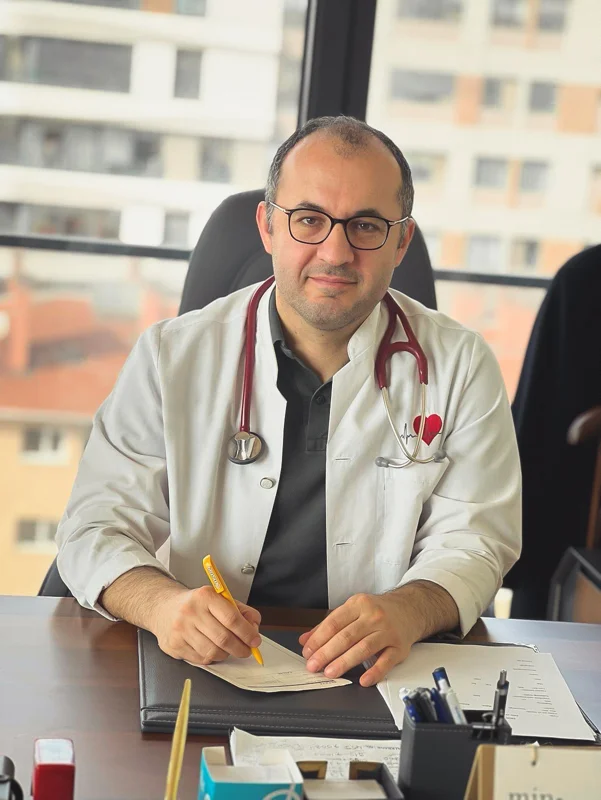
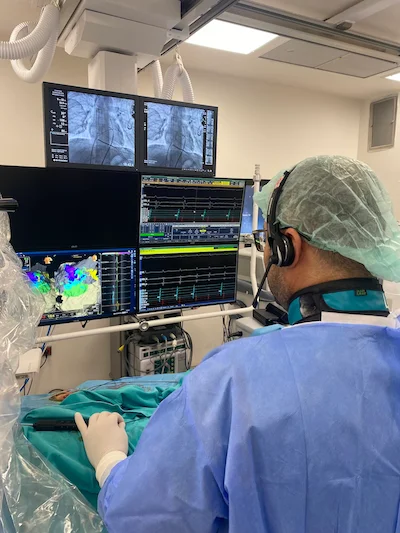
Prof. Dr. Taylan Akgün Cardiology Experience
Prof. Dr. Taylan Akgün has been treating thousands of patients in the field of cardiology for over 20 years. He has performed more than 10,000 procedures, including ablations and pacemaker implantations. He is a cardiology specialist with extensive experience in the diagnosis, treatment, and follow-up of cardiac arrhythmias. With over 100 scientific articles published in national and international journals, he stands out in his field through both his clinical expertise and academic contributions.
10,000+
Number of Cases Realized
20+ years
Cardiology Experience
100+
National and International articles
Dr. Taylan Akgün Featured Treatments
You can find detailed information about pacemaker procedures, ablation therapies, and interventional treatments for arrhythmias under the sections below. Explore the content to learn when each method is used, how it is performed, and who it is suitable for.
Epicardial Ablation
Atrial Fibrillation Ablation
3D Ablation and Mapping
Pacemaker Lead Extraction
Cardiac Ablation
Cardioneuroablation
Electrophysiology (EP) Study
Radiofrequency Ablation in Heart
Cryoablation
Cardiac Resynchronization Therapy (CRT)
Implantable Cardioverter Defibrillators (ICDs)
Leadless Pacemaker
Cardioversion
Vagal Maneuvers
Pulsed Field Ablation (PFA)
Recently Added Articles
On this page, you’ll find scientifically based and up-to-date information on heart rhythm disorders, including treatments such as pacemakers and ablation. For the latest insights in the field of cardiology, feel free to explore the articles below.

Orthostatic hypotension: Symptoms, Causes and Treatment
Orthostatic hypotension is a sudden drop in blood pressure when…

Vasovagal Syncope: Symptoms, Causes and Treatment
What is vasovagal syncope? Vasovagal syncope is the most common…

Cardiac Syncope: Causes, Symptoms and Treatment
What is cardiac syncope? Cardiac syncope is a sudden loss…
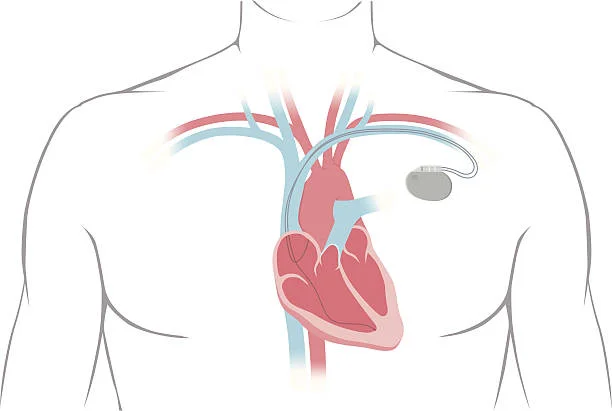
Living With a Pacemaker: Key Precautions
You can usually return to normal life after a pacemaker…
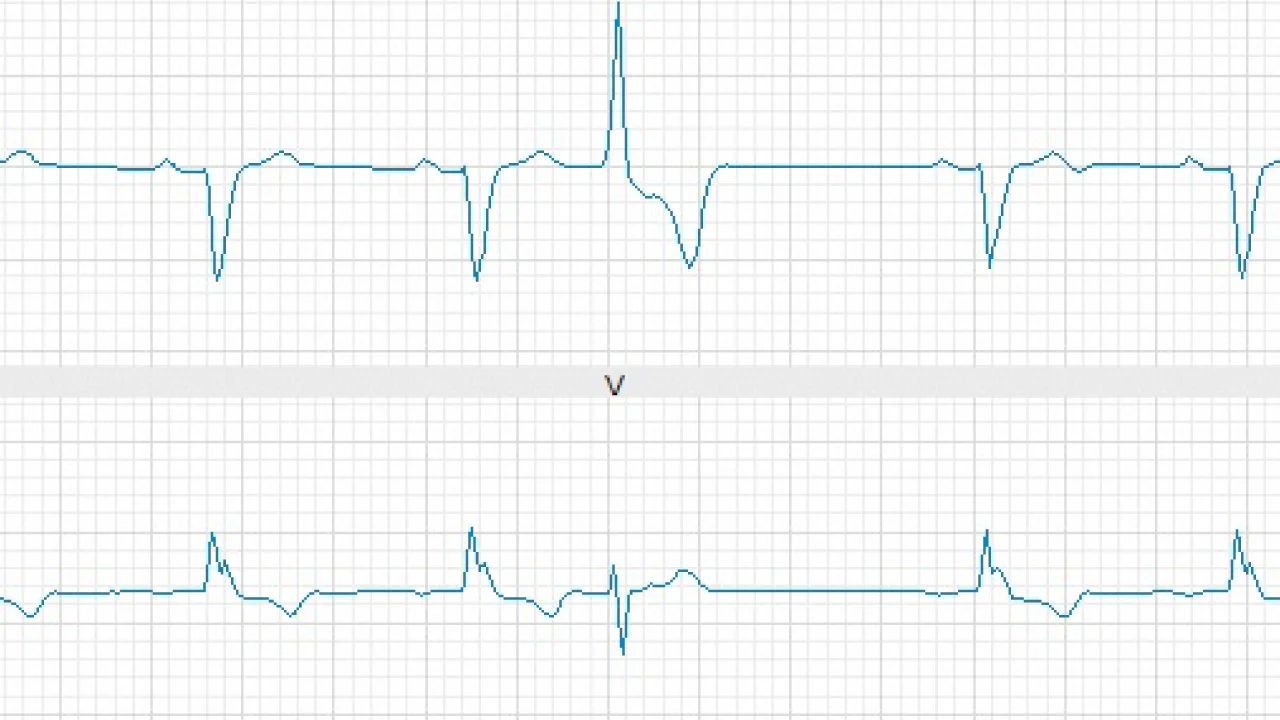
Premature Ventricular Contraction (PVC) Ablation
Premature Ventricular Contraction (PVC) Ablation PVC ablation is a minimally…
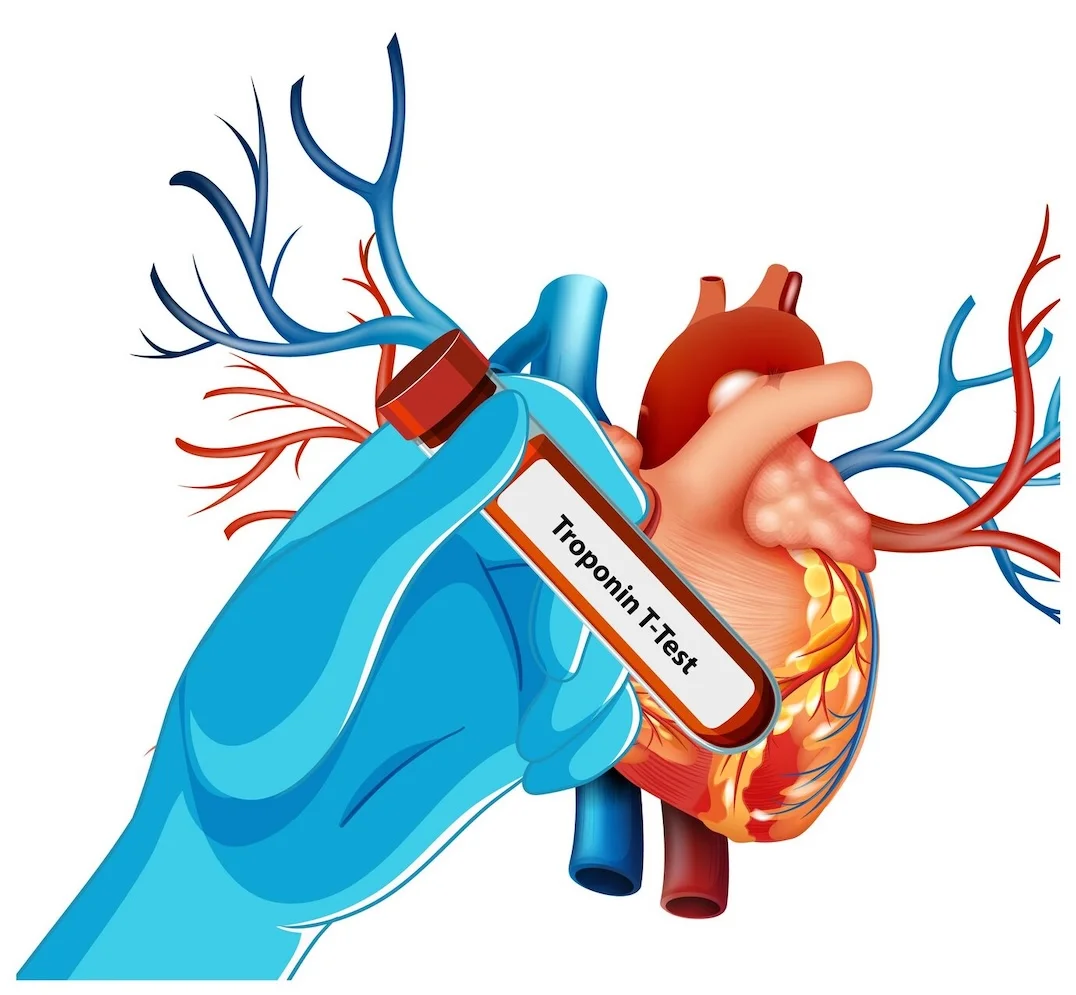
Troponin: what it is, and what high levels mean
What is troponin? Troponin is a group of proteins that…

Arm Numbness: What Are the Causes?
Arm numbness is often temporary and harmless. However, in some…
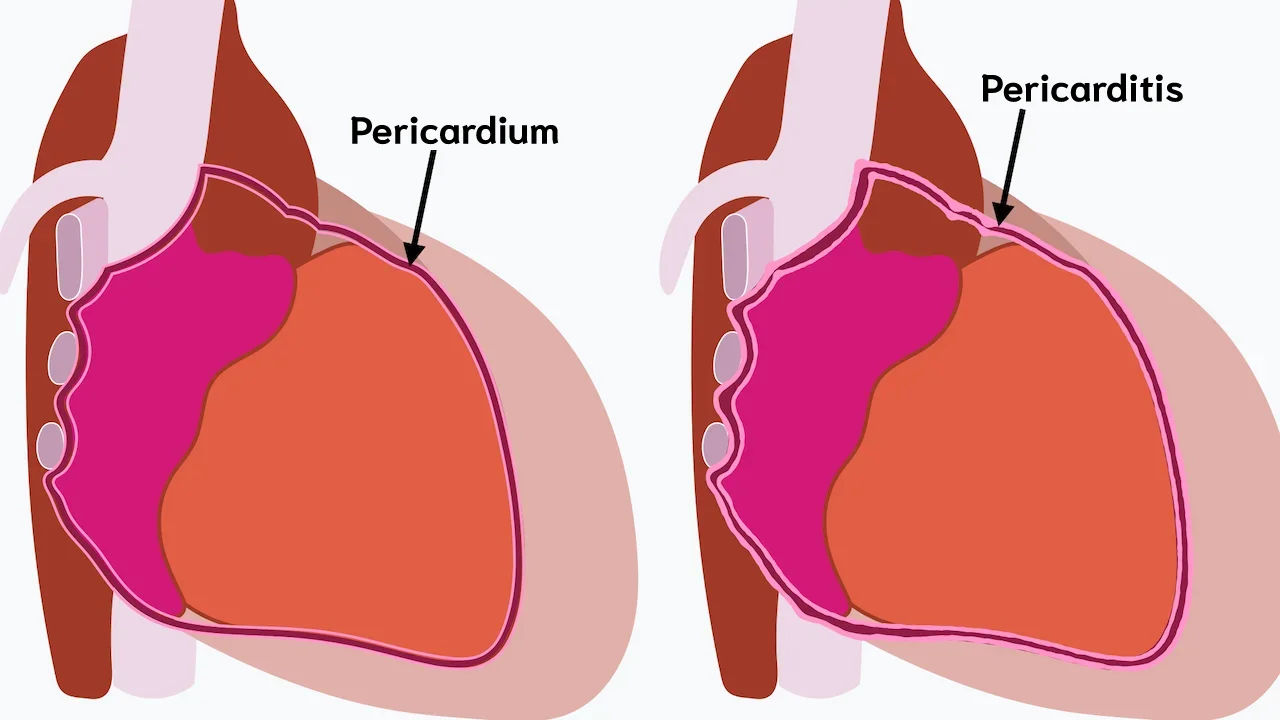
Dressler Syndrome: Symptoms, Causes, and Treatment
What is Dressler syndrome? Dressler syndrome is a type of…
FAQs About Electrophysiology
Cardiac electrophysiology is a subspecialty of cardiology that focuses on the heart’s electrical system and the diagnosis and treatment of rhythm disorders (arrhythmias). Procedures in this field are performed to evaluate the heart’s electrical conduction, identify abnormal rhythms, and provide treatment when necessary.
What is an Electrophysiologist or Electrophysiology Specialist?
The heart's normal rhythm and blood circulation are maintained by the electrical system within the heart. An electrophysiologist is a cardiologist who specializes in diagnosing and treating problems with the heart's electrical system.
What Does an Electrophysiologist Do?
An electrophysiologist diagnoses and treats problems in your heart's electrical system. They identify the cause of rhythm or conduction disorders. These rhythm disorders can range from very mild to life-threatening. Once the cause is found, they correct your rhythm and conduction disorder through medical treatment, catheter ablation, and pacemaker therapies. Successful treatment can be achieved in more than 90% of rhythm problems. This results in a significant improvement in your quality of life.
What Tests Does an Electrophysiologist Perform?
The most important step in detecting cardiac arrhythmias is having a detailed discussion with the patient about their complaints, questioning the onset, end, and what happens during the complaint. Arrhythmias sometimes continue for a while and then stop. Tests performed after they stop may come back normal. This doesn't mean there isn't an illness. An electrophysiologist performs certain tests to understand exactly what's causing your problem. These include:
- Electrocardiogram (ECG)
- Holter monitor
- Event recorder
- Wearable ECG devices
- Transthoracic echocardiography (TTE)
- Transesophageal echocardiography (TEE)
- Computed tomography (CT)
- Cardiac MRI
What Conditions Do Electrophysiologists Treat?
An electrophysiologist treats most disorders in your heart rhythm. These are usually conditions where the heart beats too fast or irregularly. While some rhythm disorders are annoying and affect your quality of life, others pose fatal risks. The conditions treated include:
- All subtypes of Supraventricular tachycardias (SVT): AVNRT, AVRT, Atrial tachycardia
- Atrial fibrillation
- Atrial flutter
- Accessory pathways (also called Wolff-Parkinson-White syndrome or pre-excitation)
- Atrial premature beats (AES, AEA)
- Ventricular premature beats (also called VES, VEA)
- Ventricular tachycardia
- Ventricular fibrillation
- Reflex or vasovagal syncope
- Heart blocks (Pacemaker implantation, pacemaker follow-up, solving pacemaker problems)
When Should I See an Electrophysiologist?
You should see an electrophysiologist especially if you have complaints such as heart palpitations, skipped heartbeats, irregularity in pulse or heartbeats, shortness of breath, decreased exercise capacity, early fatigue, fainting, or near-fainting episodes. However, it should be remembered that symptoms in heart diseases can be similar. The electrophysiologist determines whether these complaints are due to arrhythmia through the tests they perform.